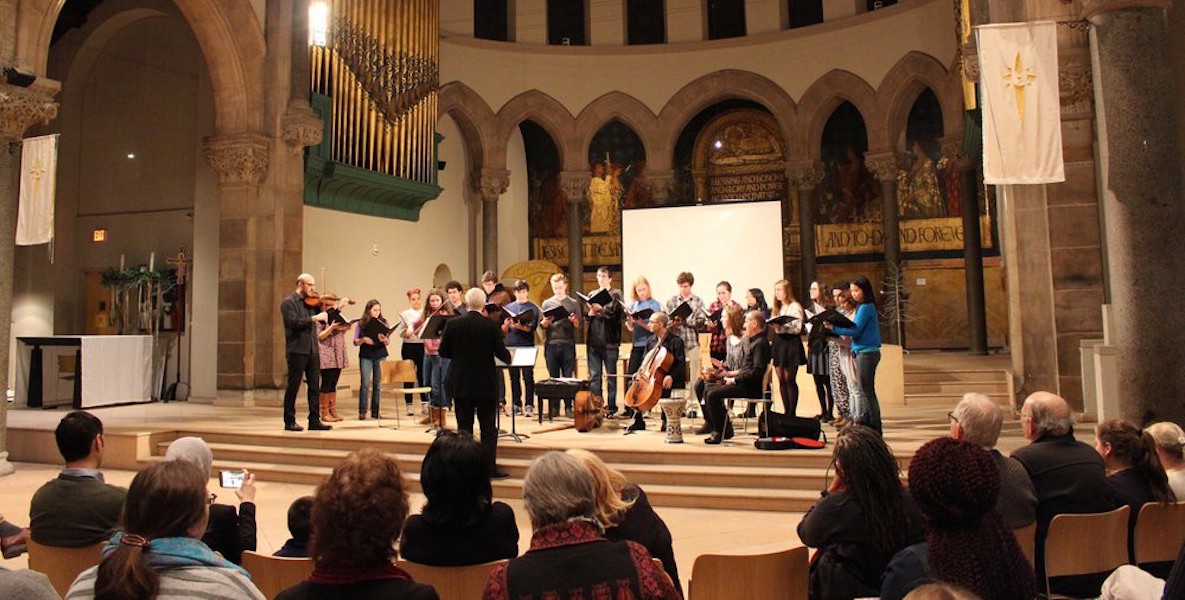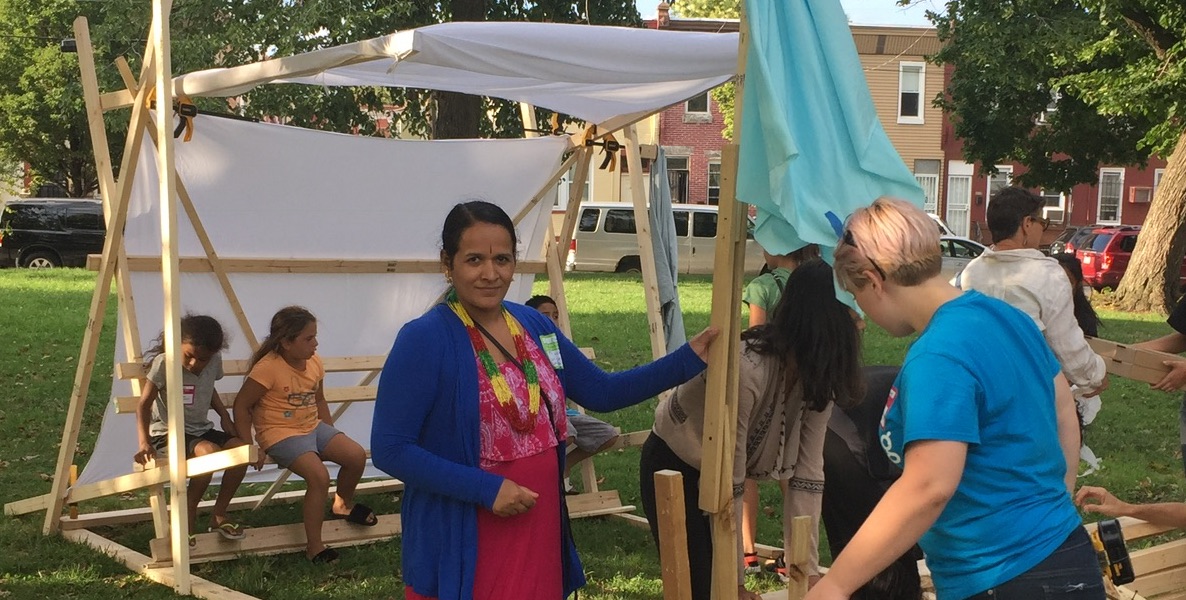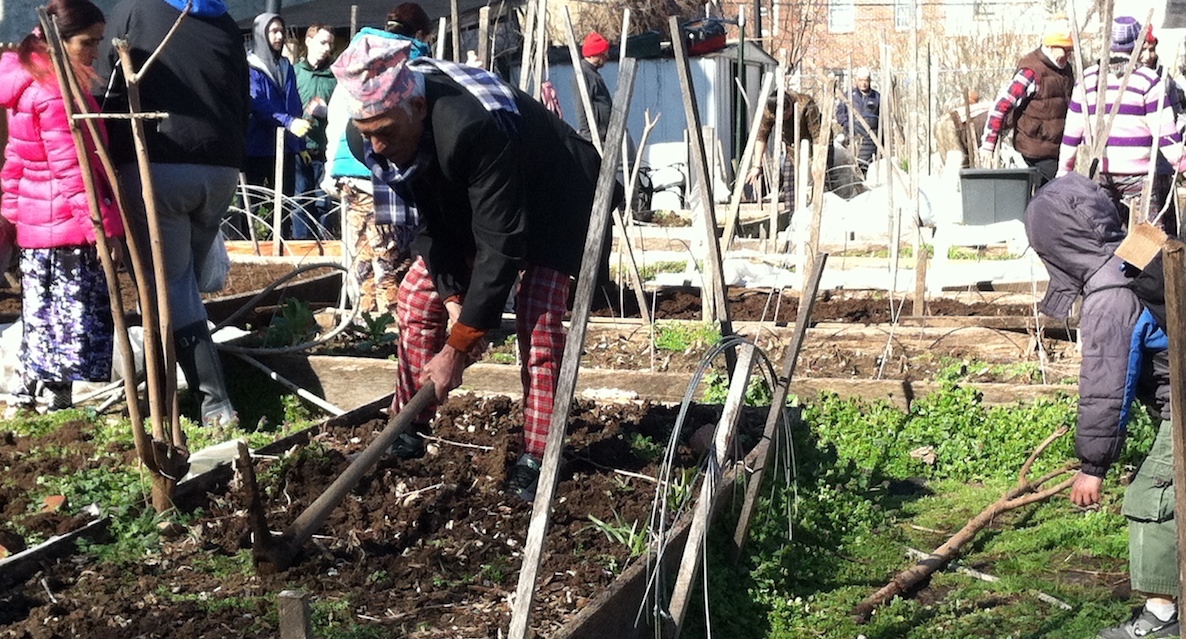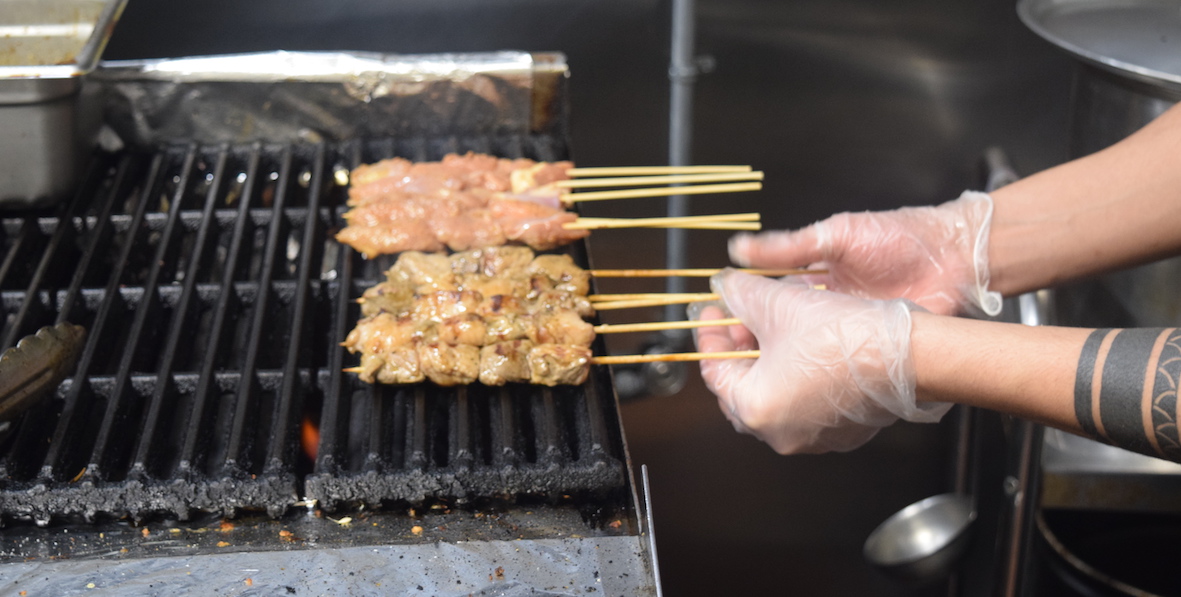Satay, by now, is so much a part of American food culture that there’s rarely a wedding or other fancy catered event that doesn’t feature some kind of bland chicken-on-a-stick appetizer, along with peanut sauce. I’m old enough to remember when satay started becoming popular in the 1980s, with the rise of Thai and fusion restaurants. It quickly went from unknown to the most accessible, crowd-pleasing “Asian” dish that Americans enjoy. Satay is so mainstream and taken for granted, that when you taste a bite of the real, authentic thing, prepared by an Indonesian or Malay cook, the experience can be surprisingly transcendent.

That wonderful experience is widely available in South Philadelphia, which is a neighborhood rich in authentic satay (or saté). There’s, of course, Hardena, the humble, cafeteria-style Indonesian food institution at the corner of Hicks and Moore Streets (near 15th), where Ena Widjojo, and her daughters Maylia and Diana, has been serving up soulful lamb and chicken satay since 2001. Then there’s the trendy Saté Kampar on East Passyunk, where crowds of young hipsters eat delicious Malaysian-style saté from chicken, beef, pork, goat, and tofu sizzled over charcoal made from coconut shells, and served with both spicy peanut sauce and a Hainan-style peanut-pineapple sauce.
Indonesians and Malaysians will endlessly debate which Southeast Asian culture actually invented satay, but in South Philly, the Indonesians may likely win the argument due to numbers: Philadelphia, after all, has one of the highest Indonesian populations of any city in the U.S. (the number of Indonesian immigrants more than doubled nationwide between 2000 and 2015).
“This neighborhood is very Italian, I see some of my neighbors speaking Italian,” Ho says. “But they come in here and they’re not afraid to try Indonesian food.”
There’s even a local weekly Indonesian newspaper here, called KabarKilat, that About FoodizenLearn More
My favorite Indonesian spot is a relative newcomer, the cozy D’Jakarta Cafe, at the corner of 16th and Ritner, opened about a year and half ago by 36-year-old Alfitri Ho and her husband Beddy Sonie—with Ho’s mother, Cararina, as chef. The Hos immigrated to Philadelphia from Jakarta when Alfitri was 16 years old.
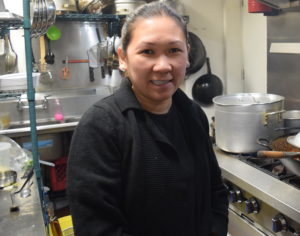
Back home, Cararina ran three restaurants in Indonesia’s bustling capital city, including street-food stalls that specialized in satay. Cararina’s parents, hailing from Borneo, were of Chinese descent, but when they moved to Jakarta during the regime of dictator Suharto, they changed their Chinese name to Indonesian. When Cararina arrived in Philadelphia in the late 1990s, she worked in a factory, but was well-known within the tight-knit Indonesian community as a great cook. When Alfitri made a trip back to Indonesia in 2015, she was inspired to open D’Jakarta Cafe and put her mother back in the kitchen.
“I want to help build our community,” Ho says. “Our generation, the kids, we want to let people know that we are Indonesian and to showcase our culture.” In that way, Ho shares similar goals with the Lao Food Movement that we wrote about last week.
“I want to help build our community,” Ho says. “Our generation, the kids, we want to let people know that we are Indonesian and to showcase our culture.”
“People used to ask, ‘Where are you from?’ and when I said ‘Indonesia,’ they asked: ‘Where is Indonesia?’” Ho says. “I could see people scared to try our food because they weren’t familiar with it.” Satay was a natural bridge to the cuisine. “How can you go wrong with grilled chicken?”
Now, Ho says, people are getting more familiar with Indonesian food. “This neighborhood is very Italian, I see some of my neighbors speaking Italian,” she says. “But they come in here and they’re not afraid to try Indonesian food.”
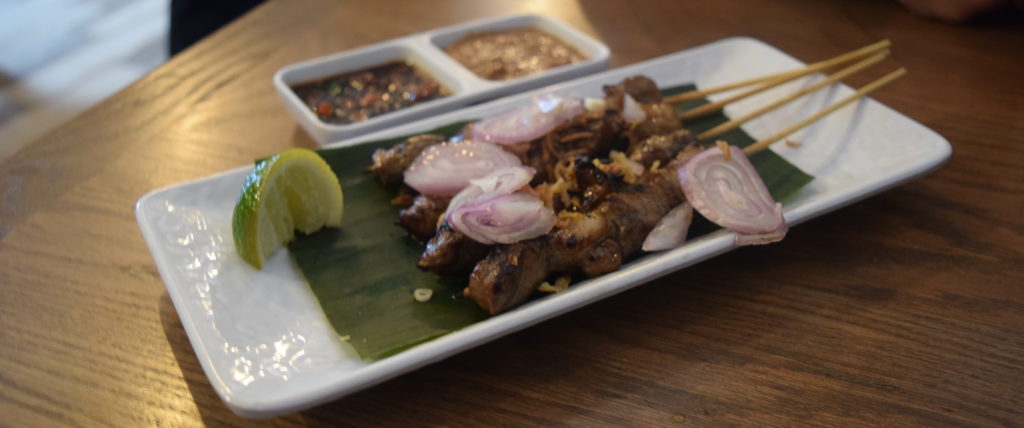
The entire menu at D’Jakarta Cafe is worth exploring. In particular their beef rendang—beef shanks slowly braised in coconut milk for hours and infused with spices and herbs and served on a banana leaf—is one of the best renditions I’ve tasted. But the satay here is something special, a little saucier than Saté Kampar, less sweet than Hardena, Ho’s satay is influenced by Jakarta, which she says is “kind of a melting pot of everything” and grows out of that street culture. “In Jakarta, we always bought satay from a street vendor,” she says. “We rarely bought satay from a restaurant.”
Explore Indonesian cuisine and cultureDo Something
The satay technique here is a little different than others, and Ho lets me poke my head into the kitchen to observe. On this day, her brother Yanuar is working the satay grill. “He used to be a sushi chef, but now he’s becoming an Indonesian chef,” she says.
For the chicken, the “peanut sauce” is actually a spicy mix of peanuts and candlenuts, ground up along with fresh lime leaves, shallots, onions, garlic, and lime juice. The grilling takes about ten minutes or more, with skewered chicken thigh meat dipped several times during the process, creating carmelizing layer after layer. They also make a tasty lamb satay, that’s similarly dipped throughout the process with butter, garlic, and Indonesian sweet soy sauce. That sweet soy is also used to make a dipping sauce called sambal kecap, which marinates for 24 hours with green chilies, tomatoes and lime, and is served alongside the lamb satay. The result of all this is very complex satay, about as far away as imaginable from what you may have eaten off the wedding caterer’s tray.
“In Indonesia, satay is not an appetizer,” Ho says. “But when satay came over here, we had to fit into the American system. So we adapted, and satay became an appetizer.”
Now that the dish has become so mainstream, it serves as a sign that Indonesians have found their place here in the fabric of the city, and perhaps also offers an accessible introduction for those of us who’d like to learn more.
Jason Wilson is The Citizen’s 2019 Jeremy Nowak Fellow, funded by Spring Point Partners, in honor of our late chairman Jeremy Nowak. He is the author of three books, including most recently Godforsaken Grapes, series editor of The Best American Travel Writing, and writes for the Washington Post, New York Times, New Yorker and many other publications.
Photo by Tim Toohey


